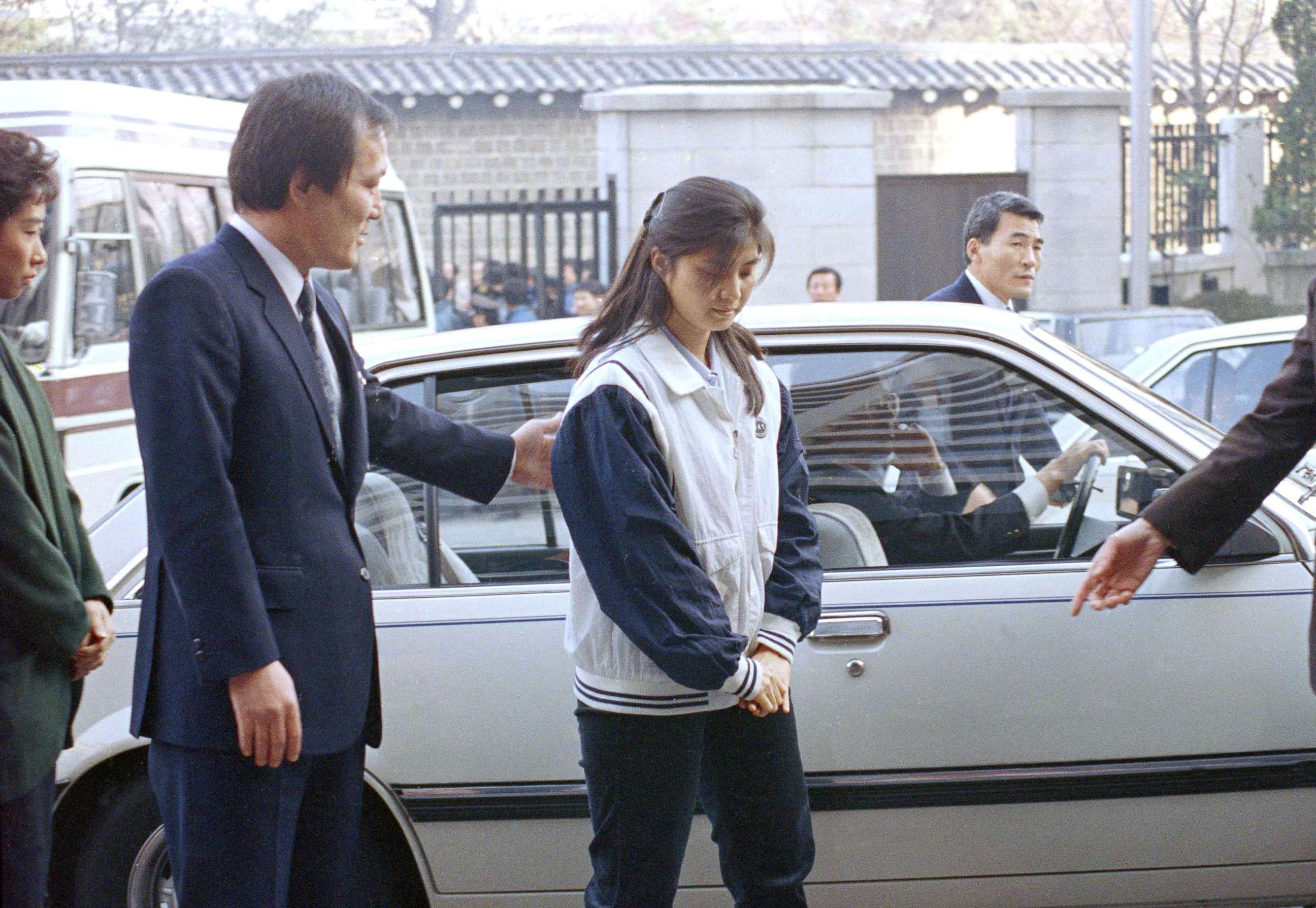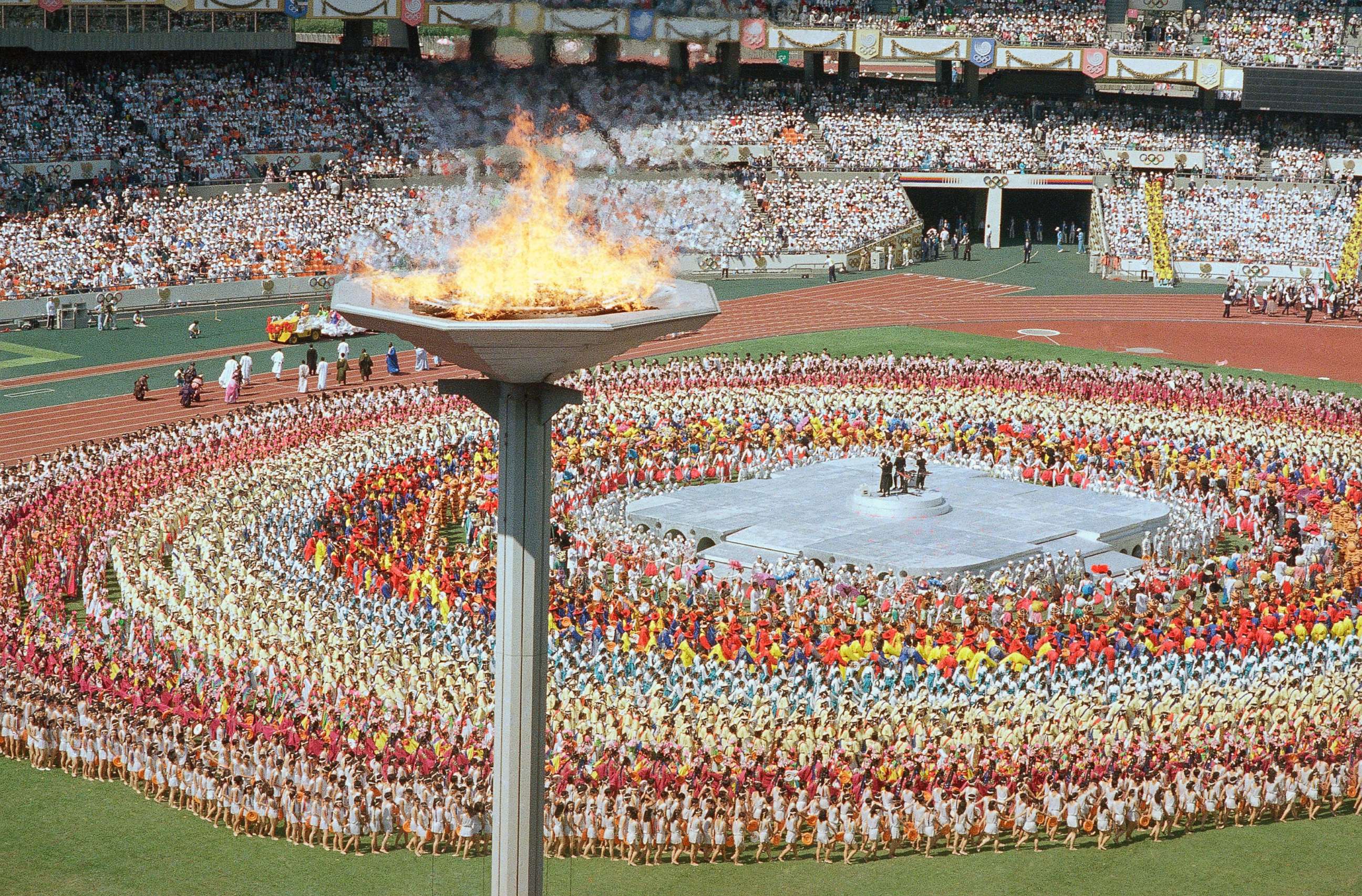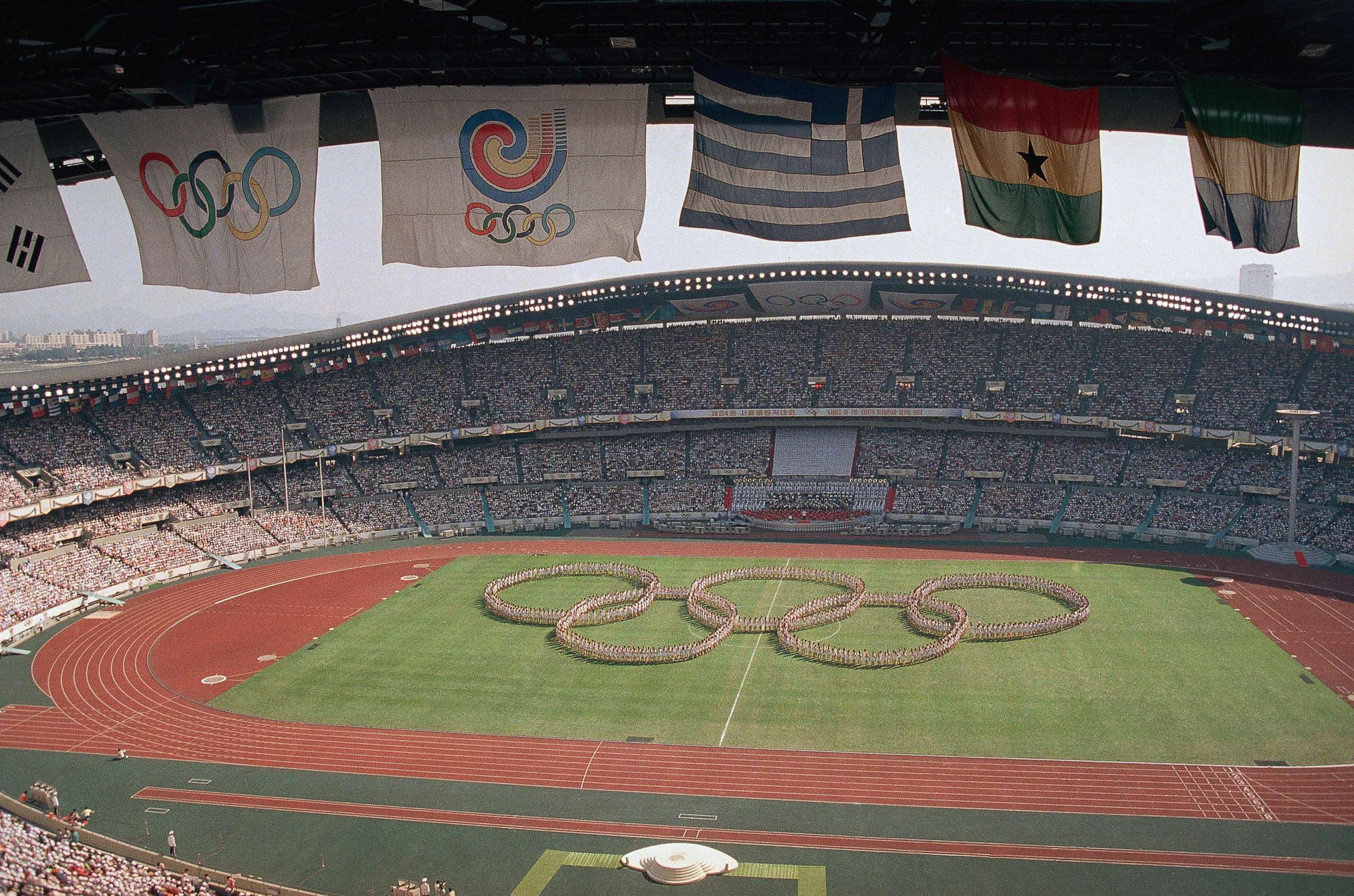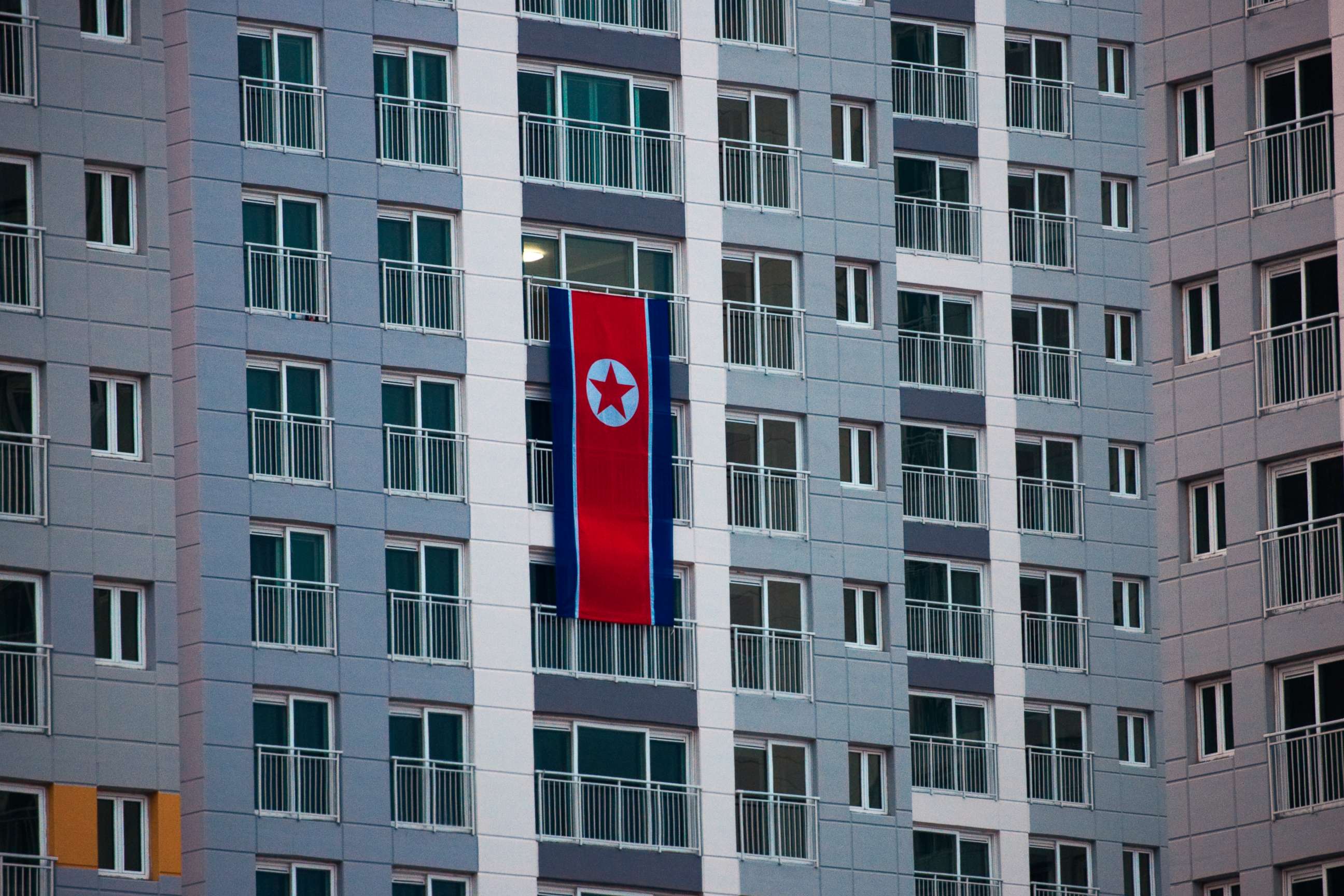The Koreas have come a long way since the North blew up a Korean Air flight before 1988 Seoul Olympics
The Olympic truce comes 30 years after N. Korea took aim at Seoul Olympics.
PYEONGCHANG, South Korea -- South Korea is gearing up to host the 2018 Pyeongchang Winter Olympics starting with Friday’s opening ceremony for the 2,925 athletes from 92 countries, the largest ever in winter games history. Among them will be 22 athletes from communist neighbor North Korea, a team officially welcomed to participate at the last minute by the International Olympic Committee (IOC).
The Koreas, still technically at war despite their 1953 Armistice Agreement, have agreed to march together into the opening ceremony and form a joint team for women’s ice hockey.
But the political and diplomatic rapprochement is in stark contrast to three decades ago when the South last hosted the Olympics in Seoul during the summer of 1988. It was a geopolitical mess with boycotts and the mid-air bombing of Seoul-bound Korean Air Flight 858.


After Seoul's 1981 selection as host of the 1988 games, North Korea sent complaints to the IOC demanding rights to co-host the event. The idea was even backed by then-Cuban President Fidel Castro, one of several North Korean allies.
The North demanded in a 1985 letter written by its IOC representative that 11 of the 23 sporting events take place in its territory.
The IOC subsequently convened special meetings in Switzerland in January 1986 with the Olympic Committees of the North and the South, with Pyongyang also insisting on hosting the special opening and closing ceremonies and a united team. The IOC rejected most of those demands but still counteroffered with six of the sporting events the North had requested.
As a result, the unsatisfied North and its allies -- Cuba, Ethiopia, Albania and Seychelles -- later boycotted the games.

But not before the North shocked the world on Nov. 29, 1987, by ordering the bombing of a Seoul-bound passenger flight that had originated in Iraq with two stopovers scheduled in United Arab Emirates and Bangkok. All on board, 104 passengers and 11 crew members, died.
Two North Korean agents, disguised as a Japanese couple, boarded the flight in Baghdad, planted a radio bomb, then departed in Abu Dhabi. The plane exploded over the Andaman Sea off the coast of Southeast Asia before reaching Bangkok. The agents were later caught after authorities discovered the two were traveling on fake passports. Both attempted suicide by biting into a cyanide pill.
The man, Kim Sung Il, died. The woman, Kim Hyon Hui, survived. She later confessed to South Korean investigators that she had been trained as a terrorist and the orders were directly given by then-North Korean leader Kim Jong-il himself. She was sentenced to death and then pardoned in 1990. Kim later married an officer handling her case and now lives in South Korea.
Fast-forward three decades to current North Korean leader Kim Jong Un’s willingness to participate in the Olympics.
“We wish for a successful Olympic games and we stand ready to offer our delegates to participate,” Kim said in a surprise New Year’s speech.

The Koreas moved quickly to leverage such reconciliation into a plan for the North to send athletes and an entourage of officials, musicians, a taekwondo demonstration team and cheerleaders.
With those North Koreans, over 700 of them, in the South by this week, security analysts say it is unlikely the North will attempt to jeopardize the Pyeongchang Winter Olympic Games.
Indeed, Kim may even be “trying to use South Korea as an exit strategy” to escape the economic hardship caused by U.S.-led sanctions, Ahn Chan-il, a North Korean defector heading Seoul-based World Institute for North Korea Studies, told ABC News.
ABC News’ Hakyung Kate Lee and Yejin Jang contributed to this report from Pyeongchang, South Korea.




